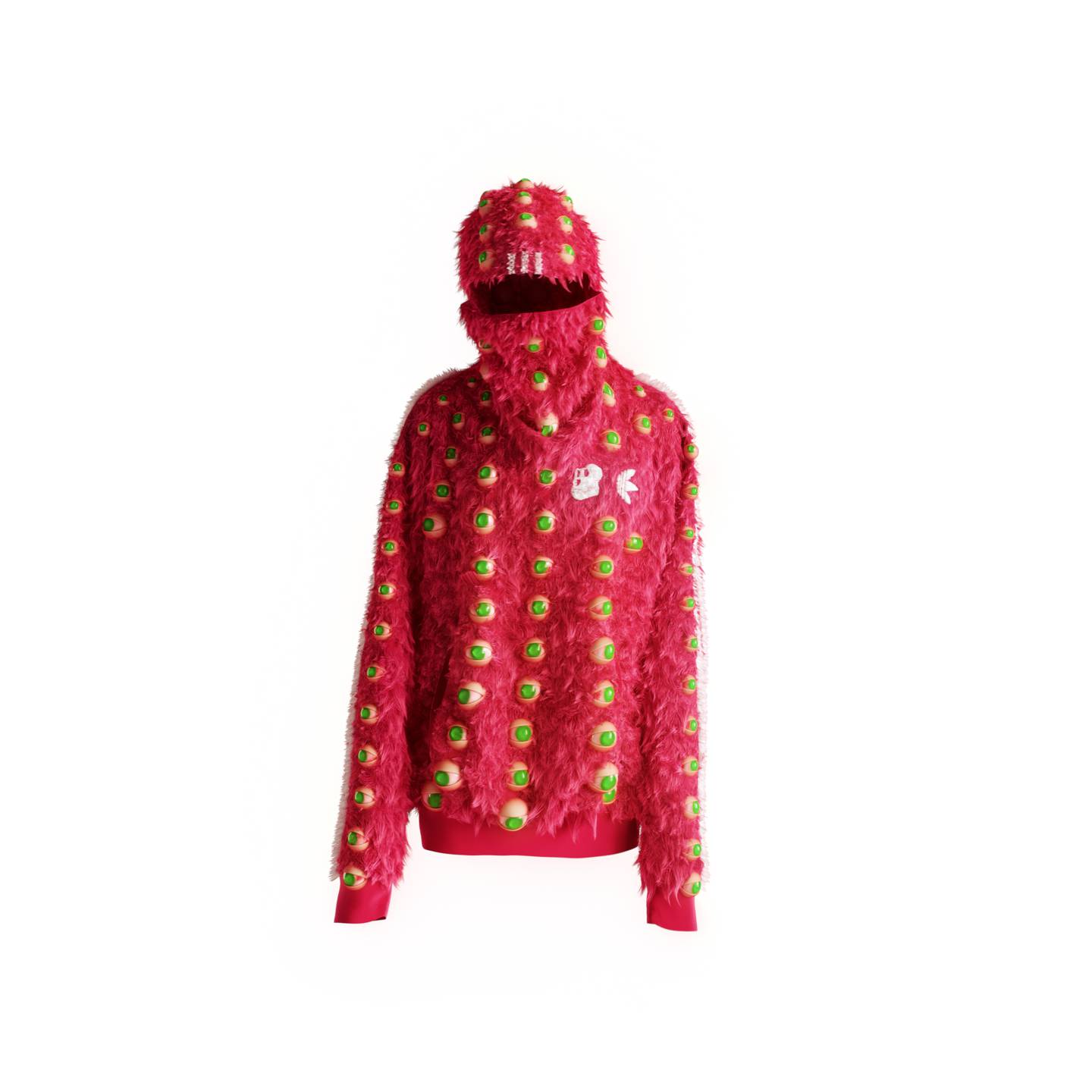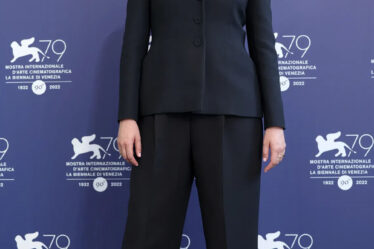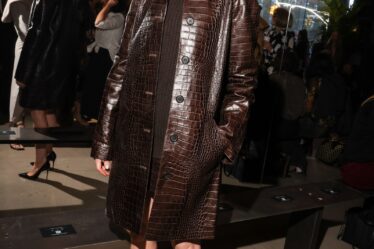
Virtual products are shaping up to be the next battle in the war between Nike and Adidas.
Just days after Nike announced the debut of a web3 platform where users will be able to buy and sell items like NFT sneakers and jerseys, Adidas has revealed its first collection of digital NFT wearables. The 16-piece set of “virtual gear” includes hoodies and outerwear that Adidas says owners will be able to use in different online environments, like on avatars in virtual worlds or as profile pictures.
Adidas had previously released a collection of 30,000 non-wearable Into the Metaverse NFTs at the end of 2021, but the company said the launch Wednesday represents a new milestone.
“It’s an official business area now,” said Erika Wykes-Sneyd, vice president of Adidas Three Stripes Studios, an in-house incubator and think tank for web3, metaverse and virtual member experiences. She likened the move into virtual gear to Adidas branching from footwear into apparel and then introducing Adidas Originals, calling the new digital items “the future archive for what comes next.”
However, Adidas isn’t yet putting its virtual gear up for sale directly to the public. The items will be available to holders of a capsule NFT the brand airdropped in May to owners of its Into the Metaverse NFTs. Those holders can randomly generate one of the 16 digital wearables by choosing to “burn” their capsule NFT, which makes it unusable again. Holders though may also sell their unused capsule NFTs on marketplaces where anyone can buy them. On OpenSea, the largest NFT marketplace, the current lowest price for a capsule NFT is about 0.3 ETH, or around $360.
The virtual goods are technically ambitious: Adidas has tried to engineer them so they’ll be capable of functioning across different gaming and virtual world environments, including those that might emerge in the years ahead, each potentially with its own aesthetic. The idea of a digital item being able to function across domains this way is called interoperability and it remains one of the barriers to creating the metaverse imagined by people like Meta’s Mark Zuckerberg. Adidas is planning for a future that doesn’t yet exist, and it’s far from certain whether it ever will.
To help it get there, each individual item is built on an upgradable NFT smart contract, an automated programme triggered by certain conditions, such as the transfer of ownership of the NFT.
“We made that decision because it allows us in perpetuity to be able to go into the smart contract and make adjustments or tweaks to it,” Wykes-Sneyd said. “That can allow us to breathe new life into the collection as, let’s say, new capabilities or features start to roll out on other platforms.”
For inspiration on the digital designs, which were overseen by Nic Galway, the brand’s senior vice president of creative direction, Adidas looked at the web3 space and its own archive. The Neobone jacket, for example, is made up of an array of bending neon tubes that are actually in the shape of the tread on the sole of Adidas’ Superstar sneaker. Wykes-Sneyd said the company put the same time and rigour into the designs as it would for a collection it would send down a runway.
Of course, the environment is a little different, given there are no physical constraints. The looks tend to be a bit more outlandish, like a shaggy pink hoodie covered in eyeballs with the logo of one of its web3 brand partners, Bored Ape Yacht Club. Though Adidas did try to maintain some restraint.
“One of the things we’re landing on as a principle is just because you can doesn’t mean you should,” Wykes-Sneyd said.
Adidas joins other fashion and footwear brands that see a business opportunity in virtual goods as consumers spend more time online and in virtual environments, where players often buy cosmetic upgrades for their characters. In a BoF Insights report last year, about half of survey respondents in the US said they were interested in buying a digital asset in the next 12 months, including in-game skins and NFTs. Right now, NFTs and digital products are mostly a marketing opportunity for fashion brands, but experts expect them to become revenue drivers as well in the years to come.
It looks like the sneaker wars are already moving online. Nike made a significant investment in virtual fashion last year by acquiring RTFKT, a maker of NFT sneakers and other items, and has just come out with a platform under its own brand. Puma recently launched a space for customers to buy virtual goods as well. Adidas released its own NFTs and is now getting into digital products too.



